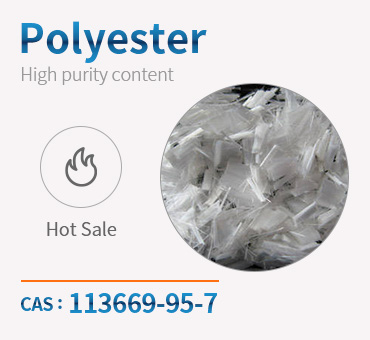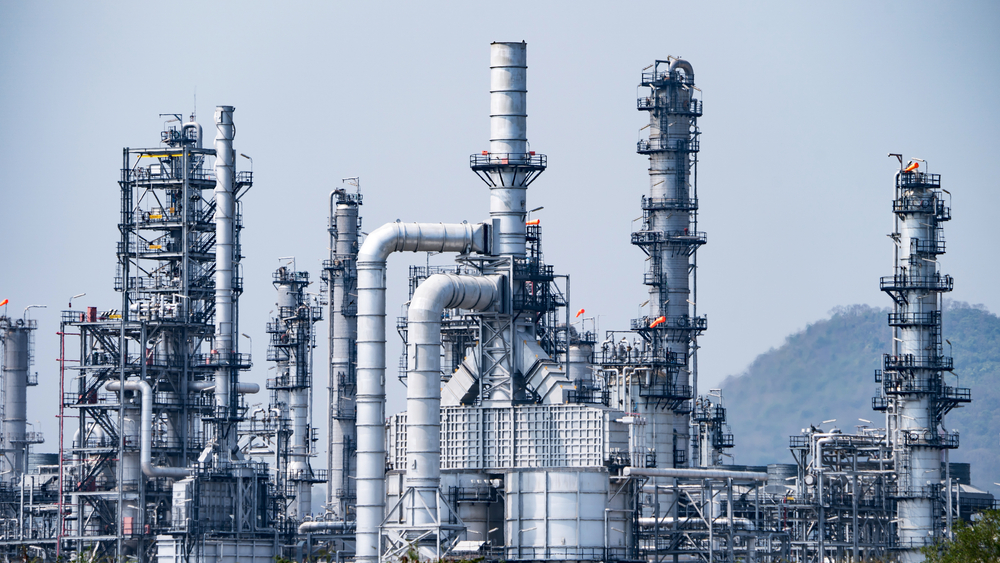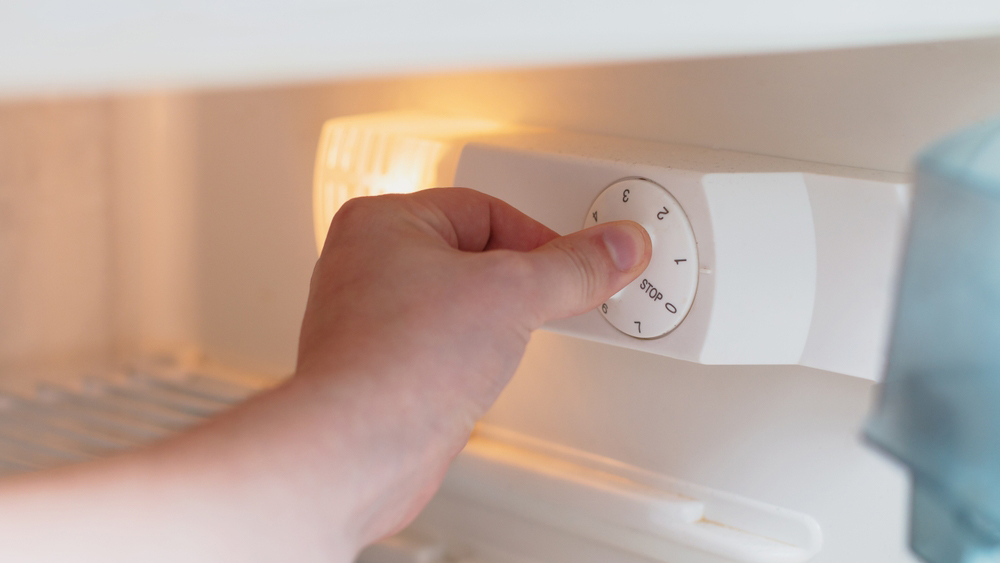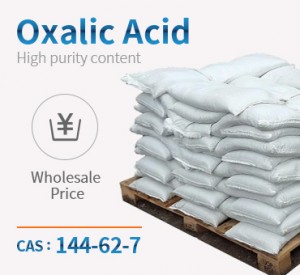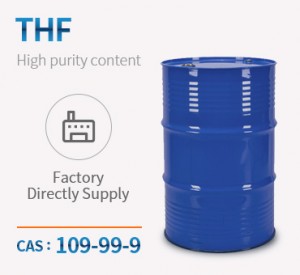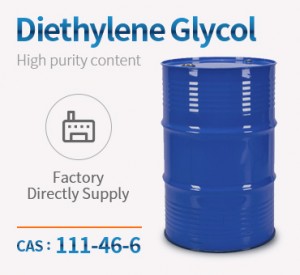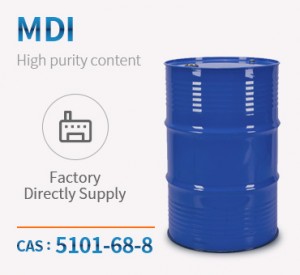Khoom npe:polyester
Cov khoom siv molecular:

Polyester yog ib pawg ntawm cov polymers uas muaj ester ua haujlwm pab pawg hauv txhua qhov rov ua dua ntawm lawv cov saw tseem ceeb. Raws li cov khoom siv tshwj xeeb, nws feem ntau yog hais txog ib hom hu ua polyethylene terephthalate (PET). Polyesters suav nrog cov tshuaj tshwm sim, hauv cov nroj tsuag thiab kab, nrog rau cov khoom siv xws li polybutyrate. Ntuj polyesters thiab ob peb cov hluavtaws yog biodegradable, tab sis feem ntau hluavtaws polyesters tsis yog. Synthetic polyesters yog siv dav hauv cov khaub ncaws. Polyester fibers qee zaum spun ua ke nrog ntuj fibers los tsim ib daim ntaub nrog cov khoom sib xyaw. Cov paj rwb-polyester blends tuaj yeem muaj zog, wrinkle- thiab tsim kua muag-resistant, thiab txo qis. Synthetic fibers siv polyester muaj dej siab, cua thiab ib puag ncig tiv thaiv piv rau cov nroj tsuag los ntawm fibers. Lawv tsis tshua muaj hluav taws-resistant thiab tuaj yeem yaj thaum ignited. Liquid crystalline polyesters yog cov thawj industrially siv kua siv lead ua polymers. Lawv siv rau lawv cov khoom siv kho tshuab thiab cov cua sov ua haujlwm. Cov yam ntxwv no kuj tseem ceeb hauv lawv daim ntawv thov raws li kev foob abradable hauv cov dav hlau tshuab. Ntuj polyesters tuaj yeem ua lub luag haujlwm tseem ceeb hauv keeb kwm ntawm lub neej. Ntev heterogeneous polyester chains thiab cov qauv tsis muaj daim nyias nyias yog paub yooj yim tsim nyob rau hauv ib lub lauj kaub tshuaj tiv thaiv tsis muaj catalyst nyob rau hauv yooj yim prebiotic tej yam kev mob.
Fabrics woven los yog knitted los ntawm polyester xov los yog xov paj yog siv ntau nyob rau hauv apparel thiab cov khoom vaj khoom tsev, los ntawm lub tsho thiab ris mus rau lub tsho thiab kaus mom, txaj, pam, upholstered rooj tog thiab computer nas lev. Muaj polyester fibers, yarns thiab ropes yog siv nyob rau hauv lub tsheb log reinforcements, fabrics rau conveyor siv, kev ruaj ntseg siv, coated fabrics thiab yas reinforcements nrog high-zog nqus. Polyester fiber ntau yog siv los ua cushioning thiab insulating cov ntaub ntawv nyob rau hauv ncoo, nplij siab thiab upholstery padding. Polyester fabrics yog heev stain-resistant-qhov tseeb, tib chav kawm ntawm dyes uas yuav siv tau los hloov cov xim ntawm polyester ntaub yog dab tsi hu ua disperse dyes.[19] Polyesters kuj siv los ua lub raj mis, zaj duab xis, tarpaulin, sails (Dacron), canoes, kua siv lead ua zaub, holograms, lim, dielectric zaj duab xis rau capacitors, zaj duab xis rwb thaiv tsev rau hlau thiab insulating tapes. Polyesters tau dav siv los ua tiav ntawm cov khoom siv ntoo zoo xws li guitars, pianos thiab tsheb / yacht interiors. Thixotropic cov khoom ntawm cov tshuaj tsuag-tso polyesters ua rau lawv zoo tagnrho rau kev siv ntawm cov ntoo qhib ntoo, vim tias lawv tuaj yeem sau cov ntoo nplej sai sai, nrog rau cov yeeb yaj kiab siab ua kom tuab ib lub tsho loj. Nws tuaj yeem siv rau kev hnav khaub ncaws hnav, tab sis nws tau qhuas tshaj plaws rau nws lub peev xwm los tiv thaiv wrinkling thiab rau nws yooj yim ntxuav. Nws cov tawv tawv ua rau nws xaiv ntau zaus rau cov menyuam hnav. Polyester feem ntau sib xyaw nrog lwm cov fibers xws li paj rwb kom tau zoo tshaj plaws ntawm ob lub ntiaj teb. Kho polyesters tuaj yeem sanded thiab polished rau lub siab-gloss, ruaj tiav.
Chemwin tuaj yeem muab ntau hom hydrocarbons thiab cov kuab tshuaj tshuaj lom neeg rau cov neeg siv khoom.Ua ntej ntawd, thov nyeem cov lus qhia hauv qab no txog kev ua lag luam nrog peb:
1. Kev ruaj ntseg
Kev nyab xeeb yog peb qhov tseem ceeb tshaj plaws. Ntxiv nrog rau kev muab cov neeg siv khoom paub txog kev nyab xeeb thiab ib puag ncig tus phooj ywg siv peb cov khoom, peb kuj tau cog lus los xyuas kom meej tias kev nyab xeeb ntawm cov neeg ua haujlwm thiab cov neeg cog lus raug txo qis rau qhov tsim nyog thiab ua tau yam tsawg kawg nkaus. Yog li, peb xav kom tus neeg siv khoom kom ntseeg tau tias qhov tsim nyog tshem tawm thiab khaws cov qauv kev nyab xeeb tau ua tiav ua ntej peb xa khoom (thov xa mus rau HSSE appendix nyob rau hauv cov nqe lus dav dav thiab kev muag khoom hauv qab no). Peb cov kws tshaj lij HSSE tuaj yeem muab kev taw qhia txog cov qauv no.
2. Txoj kev xa khoom
Cov neeg siv khoom tuaj yeem xaj thiab xa khoom los ntawm chemwin, lossis lawv tuaj yeem tau txais cov khoom los ntawm peb cov chaw tsim khoom. Cov hom kev thauj mus los muaj xws li tsheb thauj mus los, tsheb ciav hlau lossis kev thauj mus los ntau yam (xws li kev sib cais).
Nyob rau hauv cov ntaub ntawv ntawm cov neeg yuav tsum tau, peb muaj peev xwm qhia kom meej qhov yuav tsum tau ntawm barges los yog tankers thiab siv tshwj xeeb kev nyab xeeb / tshuaj xyuas cov qauv thiab cov kev cai.
3. Yam tsawg kawg nkaus kom muaj nuj nqis
Yog tias koj yuav khoom los ntawm peb lub vev xaib, qhov kev txiav txim yam tsawg kawg nkaus yog 30 tons.
4. Kev them nyiaj
Txoj kev them nyiaj tus qauv yog txiav tawm ncaj qha hauv 30 hnub txij li daim ntawv xa nyiaj.
5. Cov ntaub ntawv xa tuaj
Cov ntaub ntawv hauv qab no tau muab nrog rau txhua qhov kev xa khoom:
· Bill of Lading, CMR Waybill lossis lwm yam ntaub ntawv thauj mus los
· Certificate of Analysis los yog Conformity (yog xav tau)
· Cov ntaub ntawv hais txog HSSE raws li txoj cai
· Cov ntaub ntawv kev lis kev cai raws li txoj cai (yog tias xav tau)
Cov khoom qeb
-

Xov tooj
-

E-mail
-

Whatsapp
-

Sab saum toj

